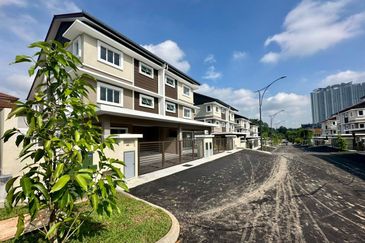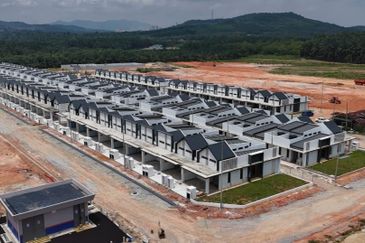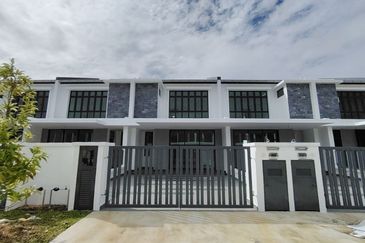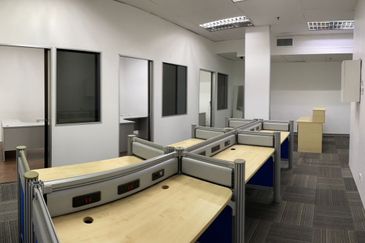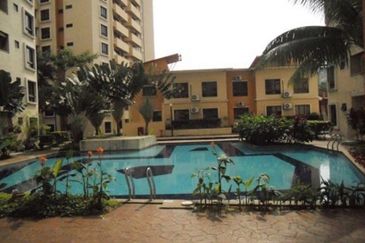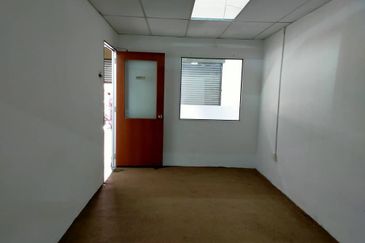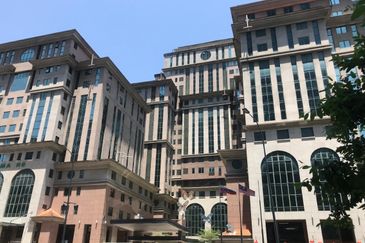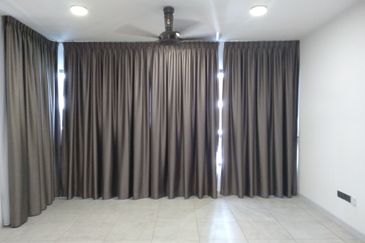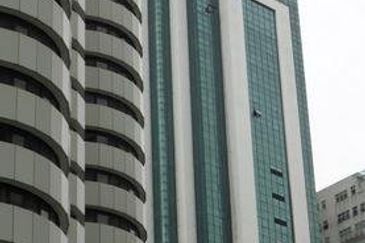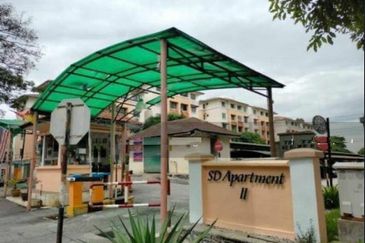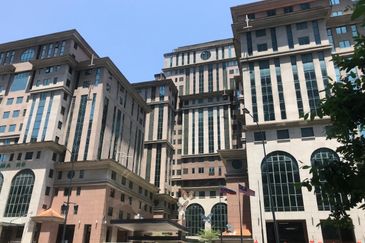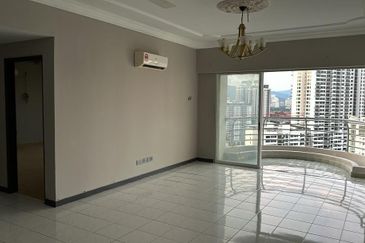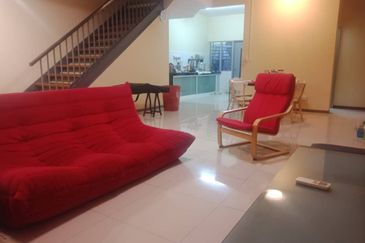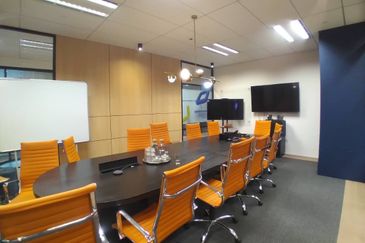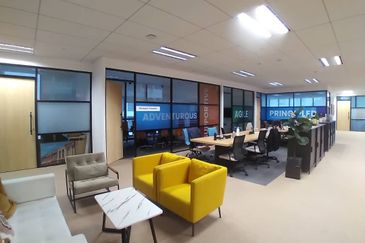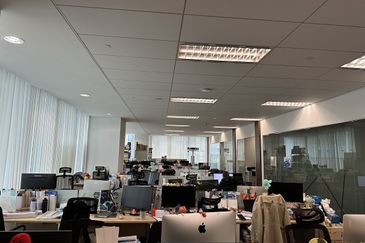KUALA LUMPUR (Oct 5): The cost to build the 350km high speed rail linking Kuala Lumpur and Singapore is expected to range between S$20 billion (RM60 billion) and S$25 billion, according to an estimate by Institute of Southeast Asia Studies (ISEAS).
"When YTL (Corp Bhd) provided the estimate for the high speed rail in 2006, the cost that they have proposed was S$2.7 billion," ISEAS senior fellow Dr Francis E. Hutchinson told some 400 participants attending Affin Hwang Capital Conference Series 2017 here today.
"And then when the government's Pemandu did their own analysis via a series of labs, it was then revised to around S$5.5 billion. Now the latest I have heard is around S$20 billion to S$25 billion," he added.
As for the breakdown of the cost, Hutchinson said around US$3.5 billion or S$5 billion is expected to be allocated to laying of tracks, electrification and system integration, all of which is equivalent to US$10 million per kilometre.
As for the civil infrastructure cost, which includes building of bridges and tunnelling works, Hutchinson said it may cost around S$15 billion.
"The underground cost in general is five times higher than the on the ground cost. Hence, even though the Singapore portion is only 6% of the total high speed rail length, due to land scarcity, the tunnelling cost is expected to be higher," he added.
On the rolling stock, Hutchinson noted that it will be around S$1.7 billion for 60 four-car train sets.
"And then, there is also the land acquisition cost that must be taken into account separately," he said.
Based on his calculation, Hutchinson estimated that the one-way ticket price between Kuala Lumpur and Singapore will cost around S$60 to S$65.
"The frequency of the high speed rail service, which I understand, is about four times an hour, one being an express non-stop service, and the other three times are for shuttle servicing the in-between intermediaries stop," he added.
Compared to Japan's high speed rail, Hutchinson said the frequency between an express non-stop trip between Tokyo and Osaka is about 14 times.
"That is partly to amortise the expenditure, but that should also be taken into consideration in designing any high speed rail," he added, noting that "If my calculation is true, is the one-way ticket cost justified?"
To recoup the investment on the high speed rail investment cost, Hutchinson noted that the railway owner must determine between collecting fare and non-fare revenue.
"In the case of Japan, two-thirds are from the fares, and the remaining one-third is from the hotels and shopping malls that it operates," he said.
Meanwhile, an online poll conducted during the conference showed that around 68% of the participants think that the Chinese consortium will be awarded with the contract to build the high speed rail.
"The Japanese, they tend to focus on the quality of their high speed rail, and the record speaks for itself," Hutchinson noted.
The upcoming 350km high speed rail is a mammoth development project, which will cut the travelling time between Kuala Lumpur and Singapore to 90 minutes. — theedgemarkets.com
For more stories, download EdgeProp.my pullout here for free.
TOP PICKS BY EDGEPROP
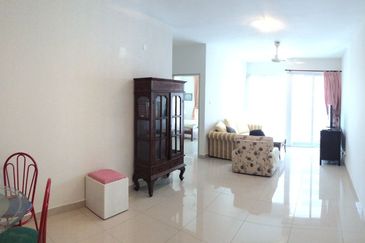
Pacific Place @ Ara Damansara
Ara Damansara, Selangor
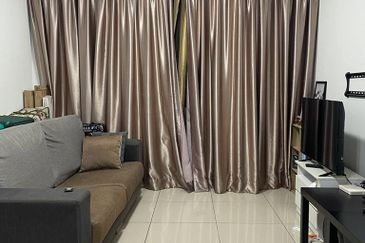
Pacific Place @ Ara Damansara
Ara Damansara, Selangor
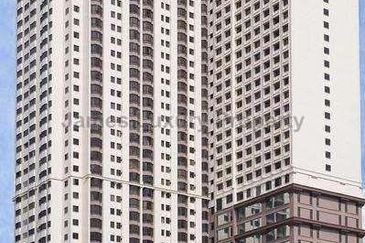
Golden City Condominium
Jalan Ipoh, Kuala Lumpur
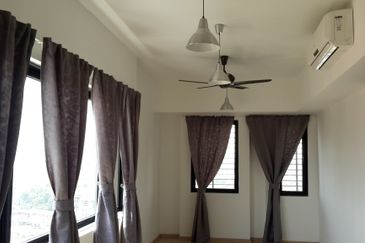
Encorp Strand Residence
Kota Damansara, Selangor


